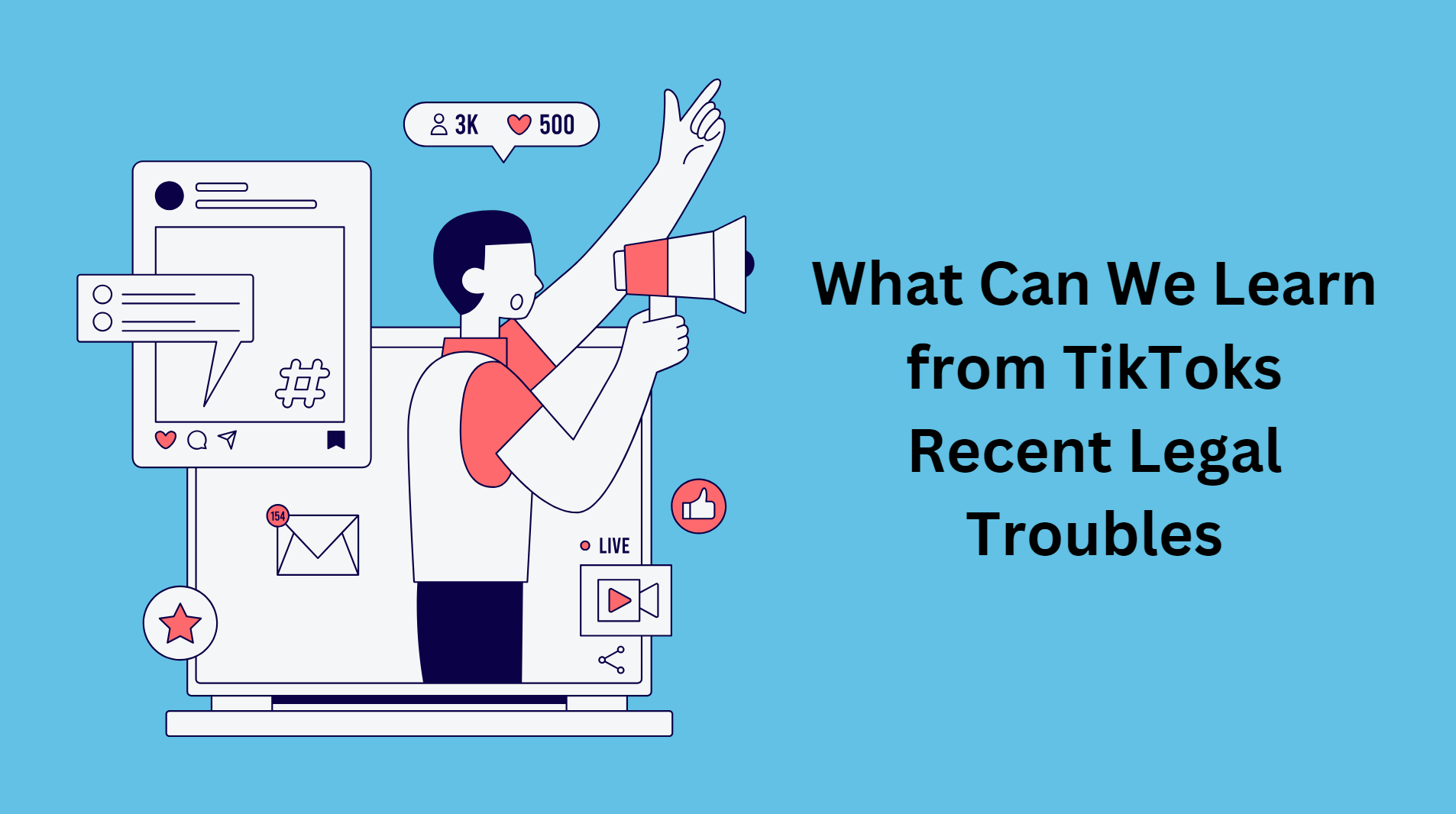What Can We Learn from TikToks Recent Legal Troubles?

TikTok was recently hit with a huge fine in a very serious child privacy case around the world including India also. The Chinese media app dedicated to creating and sharing short videos had to pay $5.7 million to settle the case.
The company illegally collected personal information from children under the age of 13, which is concerning in many ways.
Take a look at the crucial information about this case, before exploring the ways for effectively securing your privacy online.
Collecting Personal Information from Underage Children
It all started with the video-sharing app Musical.ly. ByteDance, the tech company that owns TikTok, recently bought Musical.ly and merged it with TikTok.
Musical.ly let users easily create profiles, and share short videos of themselves on the platform. It asked for their names, usernames, email address, phone number, profile picture, and a short bio.
A great number of bios included the users’ birth date and age. Moreover, their profile pictures were more than enough to determine their age.
However, people at Musical.ly (now TikTok) did nothing. They violated the US Children’s Online Privacy Protection Act and did nothing to protect the children.
Furthermore, they added the location feature to the app, enabling the users to view the location of nearby users. So, apart from illegally collecting personal information from underage children, they also exposed their location to millions of users worldwide. This proved to be a terrible feature. According to an FTC report, there were many cases of adults trying to contact children via this notorious app.
>>> How To Keep Children And Teens Safe From Cyberbullying?
Creating Accounts without Verifiable Parental Consent
TikTok received hundreds of complaints from worried parents, and they still did nothing. Hundreds of parents contacted the company to say that their children created the accounts without their knowledge.
This is yet another instance where TikTok violated the COPPA. Before collecting, using, or disclosing personal information from children, they had to obtain “verifiable parental consent” first. Obviously, they didn’t.
What they did do is deactivate the accounts of children whose parents made the complaints. However, all the information they collected remained on their servers. They kept not only personal information but also all the users’ photos and videos.
Now, after settling the case, TikTok must take down all their photos and videos of underage children.
How Can You Protect Your Children from Online Threats?
The majority of children have their own smartphones these days. Although many parents don’t approve of this, almost everyone agrees on the question of safety. If your child carries a phone at all times, you can always know where they are. You can make sure they’re safe.
However, the TikTok case proves that they aren’t always as safe as you may think. And that must change.
Parents should talk to their children about the dangers of disclosing their personal information online. If a child fully understands how dangerous the online world is, they can take steps to protect themselves.
Of course, parents should take some steps of their own, apart from setting some ground rules for their kids.
They can use parental controls to control the content their kids can access. They can set up a family email account that will administer all the other accounts. That way, their kids wouldn’t be able to create an account on any site without their consent.
Using a VPN as an Extra Layer of Security
A VPN is one of the best tools for protecting your children on the internet. It encrypts your internet traffic and makes you completely anonymous online. VPN doesn’t expose your location, as it virtually puts you in a different country by assigning you a fake IP.
With a VPN, no one will be able to see where you, or your children, are. No one will be able to steal, or misuse, your personal data. Potential hackers, or predators, won’t be able to send you phishing scams and trick you into sharing your sensitive information. If anyone tries to infect your devices with malware, your VPN will prevent it, and instantly notify you.
There’s definitely much to be learned from TikTok’s recent legal troubles. Take notes from this case, and don’t let your children fall victims to any kind of similar app that may become popular. Inform them about dangers on the internet, and advise them to protect their privacy.
Discover more from Newskart
Subscribe to get the latest posts sent to your email.


Comments are closed.